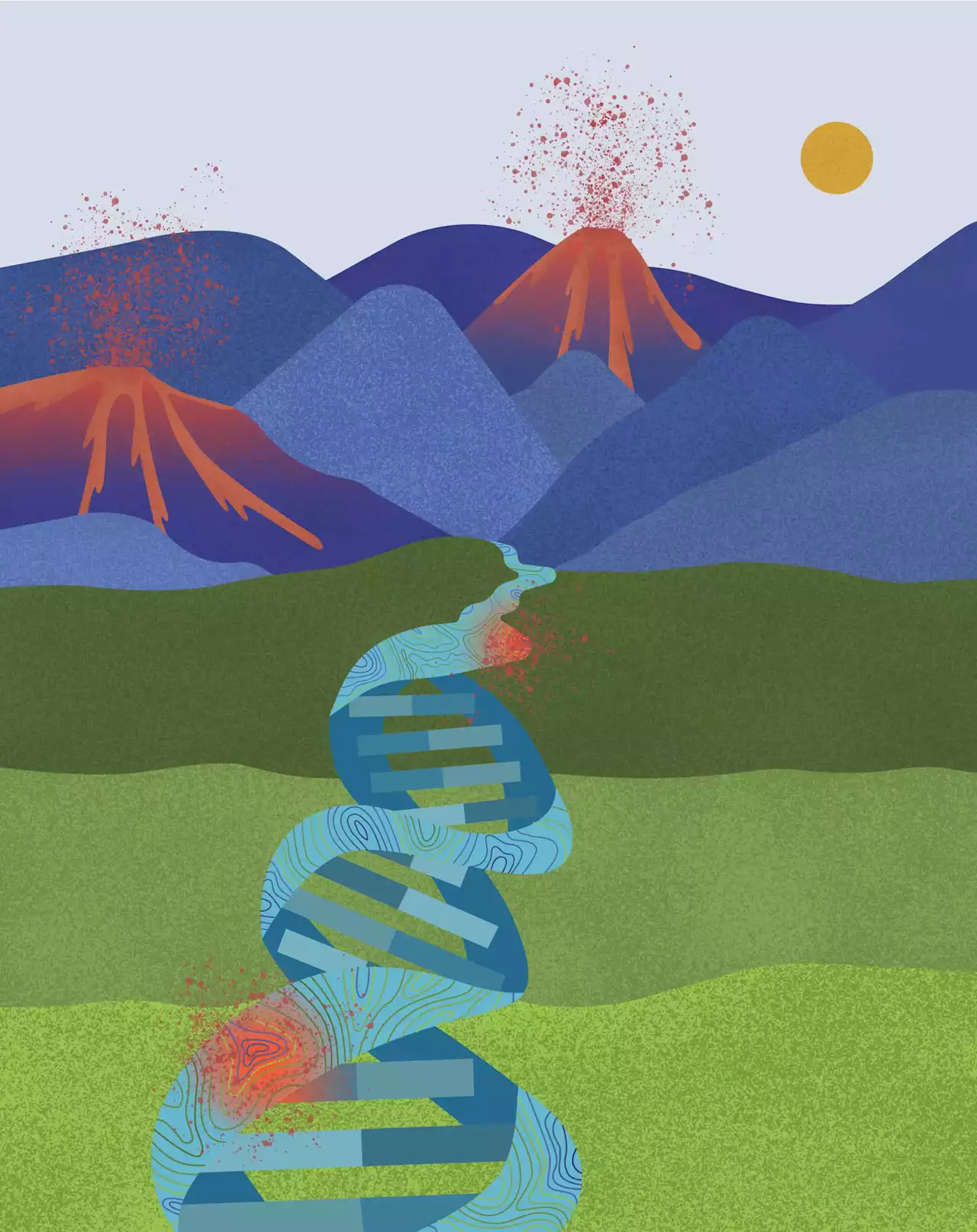Researchers specifically looked at what they called “exaggerated prosody,” meaning the exaggerated, sing-song inflections and rhythms humans often use when talking to animals and babies.
The study found heightened sensitivity – particularly in two separate regions of the dogs’ brains – when exposed to exaggerated speech of the type usually directed toward infants and animals, compared to the dogs’ response to the tone of voice people use to communicate with other adult humans.
“Remarkably, the voice tone patterns characterizing women’s dog-directed speech are not typically used in dog-dog communication,” one of the researchers wrote in a post on Phys.org, meaning that “our results may thus serve evidence for a neural preference that dogs developed during their domestication.”
As the researchers note in their publication, existing evidence indicates that the exaggerated speech used with dogs and babies “possesses general acoustic characteristics to call and maintain the attention of a social partner with limited linguistic competence.” This would suggest that a similarly measurable brain response would exist in babies as well, although performing such a study would be challenging. As the researchers note, the major limitation of their study is that the sample group was limited to those dogs that could be trained to stay still in an MRI machine while their owners talked to them.If you purchase a product or register for an account through one of the links on our site, we may receive compensation.
By browsing this site, we may share your information with our social media partners in accordance with our
United States Latest News, United States Headlines
Similar News:You can also read news stories similar to this one that we have collected from other news sources.
 Unexpected Findings: Researchers Uncover Connection Between Human Genome Topography and Cancer MutationsScientists from the University of California San Diego have discovered a link between the topography of the human genome and the presence of mutations in human cancer. They found that certain regions of the genome, which exhibit unique features, act as hotspots for the accumulation of mutations.
Unexpected Findings: Researchers Uncover Connection Between Human Genome Topography and Cancer MutationsScientists from the University of California San Diego have discovered a link between the topography of the human genome and the presence of mutations in human cancer. They found that certain regions of the genome, which exhibit unique features, act as hotspots for the accumulation of mutations.
Read more »
 Researchers invented a ‘solar leaf’ that harvests 13% more energy from the SunResearchers have created a bio-inspired, hybrid 'solar leaf' that mimics the functions of a leaf to harvest more energy from the Sun.
Researchers invented a ‘solar leaf’ that harvests 13% more energy from the SunResearchers have created a bio-inspired, hybrid 'solar leaf' that mimics the functions of a leaf to harvest more energy from the Sun.
Read more »
 CHLA researchers look to stem cells to repair insulin loss in kids, potential cure for diabetesIn a patient with Type 1 diabetes, the pancreas does not make insulin because their immune system attacks the islet cells, the cells that make insulin. CHLA researchers are working on ways to replace those cells.
CHLA researchers look to stem cells to repair insulin loss in kids, potential cure for diabetesIn a patient with Type 1 diabetes, the pancreas does not make insulin because their immune system attacks the islet cells, the cells that make insulin. CHLA researchers are working on ways to replace those cells.
Read more »
 Natural ways to lower high blood pressure might be better than medicine, researchers sayA blood pressure reading of 130 over 80 or more is considered high and if not controlled, it can lead to an increased risk of heart disease and stroke. However, there are natural ways you can lower your blood pressure without medications.
Natural ways to lower high blood pressure might be better than medicine, researchers sayA blood pressure reading of 130 over 80 or more is considered high and if not controlled, it can lead to an increased risk of heart disease and stroke. However, there are natural ways you can lower your blood pressure without medications.
Read more »
 What Is Narcissism? Science Confronts a Widely Misunderstood PhenomenonResearchers debate whether grandiosity always masks vulnerability
What Is Narcissism? Science Confronts a Widely Misunderstood PhenomenonResearchers debate whether grandiosity always masks vulnerability
Read more »
 Surviving the Phoenix HeatResearchers at Arizona State University are bringing relief to the residents who need it most.
Surviving the Phoenix HeatResearchers at Arizona State University are bringing relief to the residents who need it most.
Read more »
